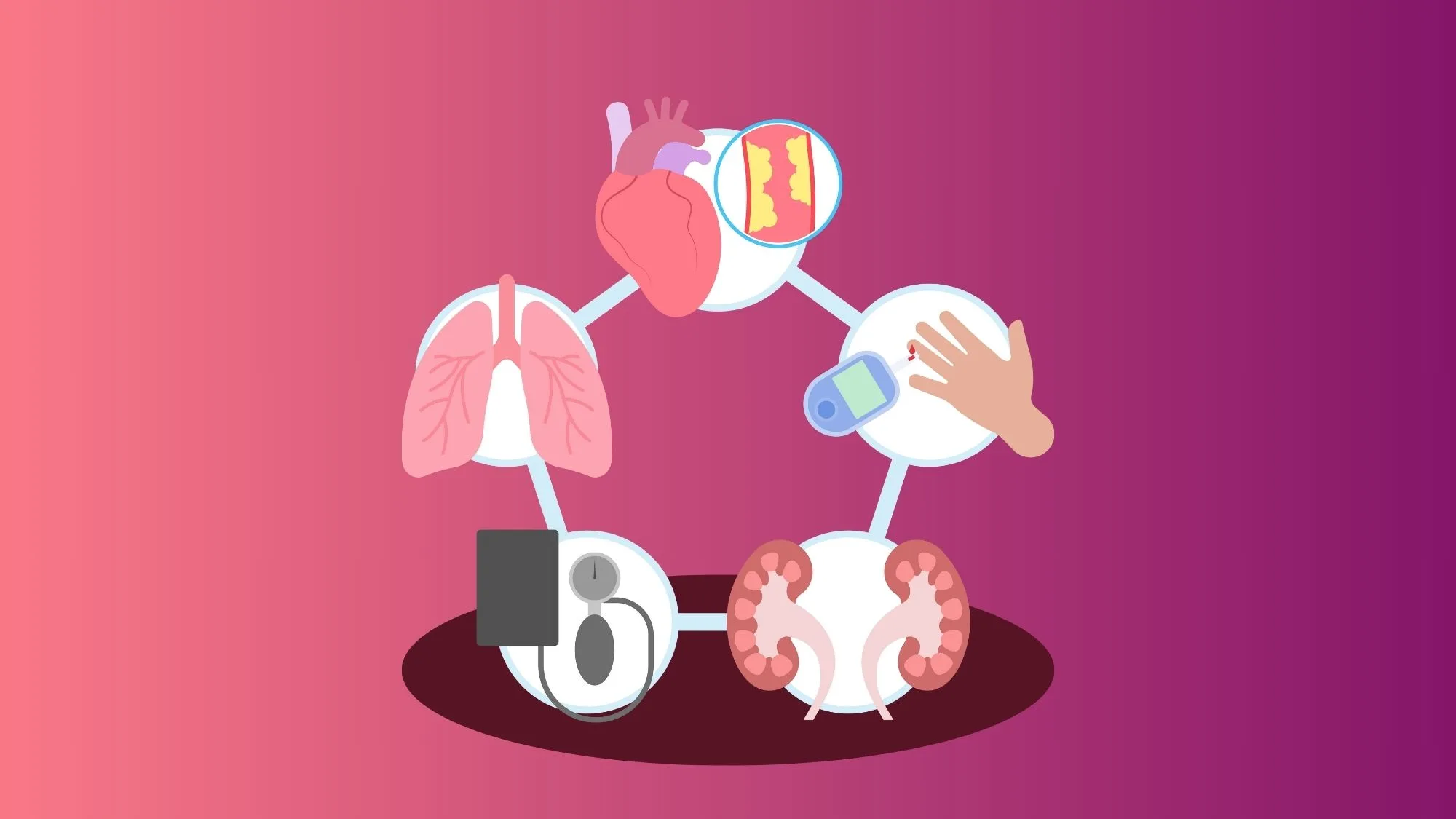
Chronic Obstructive Pulmonary Disease (COPD) is a chronic lung condition that affects millions of people worldwide. It is a progressive disease that can greatly impact a person’s quality of life if not properly managed. However, with the right knowledge and practices, individuals with COPD can take control of their health and improve their overall well-being. In this comprehensive guide to COPD self-care, we will explore the various aspects of managing COPD and provide you with practical tips and strategies to enhance your self-care routine.[1][2][3][4][5][6]
Understanding COPD
COPD, which stands for Chronic Obstructive Pulmonary Disease, is a term used to describe a group of lung diseases that affect millions of people worldwide. These diseases include chronic bronchitis and emphysema, both of which can have a significant impact on a person’s quality of life.
What is COPD?
COPD is a chronic and progressive condition that causes the obstruction of airflow in the lungs, making it difficult for individuals to breathe. The main cause of COPD is long-term exposure to airborne irritants, such as cigarette smoke, secondhand smoke, occupational dust and chemicals, and environmental pollution.
When a person is exposed to these irritants over an extended period, the airways in their lungs become inflamed and damaged. This inflammation leads to the production of excess mucus and the narrowing of the airways, making it harder for air to flow in and out of the lungs.
Symptoms and Diagnosis of COPD
Recognizing the symptoms of COPD is crucial for early diagnosis and management of the condition. The most common symptoms include:
- Shortness of breath, especially during physical activity
- Wheezing or whistling sound when breathing
- Chronic cough, often accompanied by mucus production
- Frequent respiratory infections
If you experience any of these symptoms, it is essential to consult a healthcare professional for a proper diagnosis. A healthcare professional will conduct a thorough evaluation, which may include:
- Lung function tests: These tests measure how well your lungs are working and can help determine the severity of airflow obstruction.
- Imaging studies: X-rays or CT scans can provide detailed images of your lungs, allowing healthcare professionals to assess the extent of lung damage.
- Medical history review: Your healthcare provider will ask about your symptoms, medical history, and exposure to risk factors to better understand your condition.
It is important to note that COPD is a progressive disease, meaning it worsens over time. However, with early diagnosis and appropriate management, individuals with COPD can lead fulfilling lives and slow down the progression of the disease.
Managing COPD involves a combination of lifestyle changes, medication, and pulmonary rehabilitation. Lifestyle changes may include quitting smoking, avoiding exposure to irritants, exercising regularly, and maintaining a healthy diet. Medications, such as bronchodilators and corticosteroids, can help alleviate symptoms and reduce inflammation in the airways. Pulmonary rehabilitation programs, which include exercise training, education, and support, can improve lung function and overall well-being.
COPD is a chronic lung disease that affects millions of people worldwide. Understanding the causes, symptoms, and available management options is crucial for individuals living with COPD to lead healthier and more fulfilling lives.
References
- “Chronic obstructive pulmonary disease (COPD) – Self-management – HSE.ie”. https://www2.hse.ie/conditions/copd/copd-self-management/
- “Tips and Strategies for Living Well with COPD | Banner Health”. https://www.bannerhealth.com/healthcareblog/better-me/tips-and-strategies-for-living-well-with-copd
- “Reaching Your Health Goals: Tips for Your COPD Journey | COPD Foundation”. https://www.copdfoundation.org/COPD360social/Community/COPD-Digest/Article/1713/Reaching-Your-Health-Goals-Tips-for-Your-COPD-Journey.aspx
- “COPD – Living With | NHLBI, NIH”. https://www.nhlbi.nih.gov/health/copd/living-with
- “Conserving Energy and Managing Your Daily Activities | American Lung Association”. https://www.lung.org/lung-health-diseases/lung-disease-lookup/copd/living-with-copd/daily-activities
- “Living and Coping with COPD | COPD Foundation”. https://www.copdfoundation.org/Learn-More/I-am-New-to-COPD/Coping-with-COPD.aspx
- “Self-care”. https://en.wikipedia.org/wiki/Self-care
- “How Pulmonary Rehab Can Help Improve Asthma Symptoms”. https://time.com/7177781/pulmonary-rehab-benefits-respiratory-health-asthma/
- “How to Exercise When You Have COPD”. https://time.com/7097021/copd-exercise-recommendations/
- “The Most Exciting New Advances in Managing COPD”. https://time.com/6903546/copd-treatment-advances/


